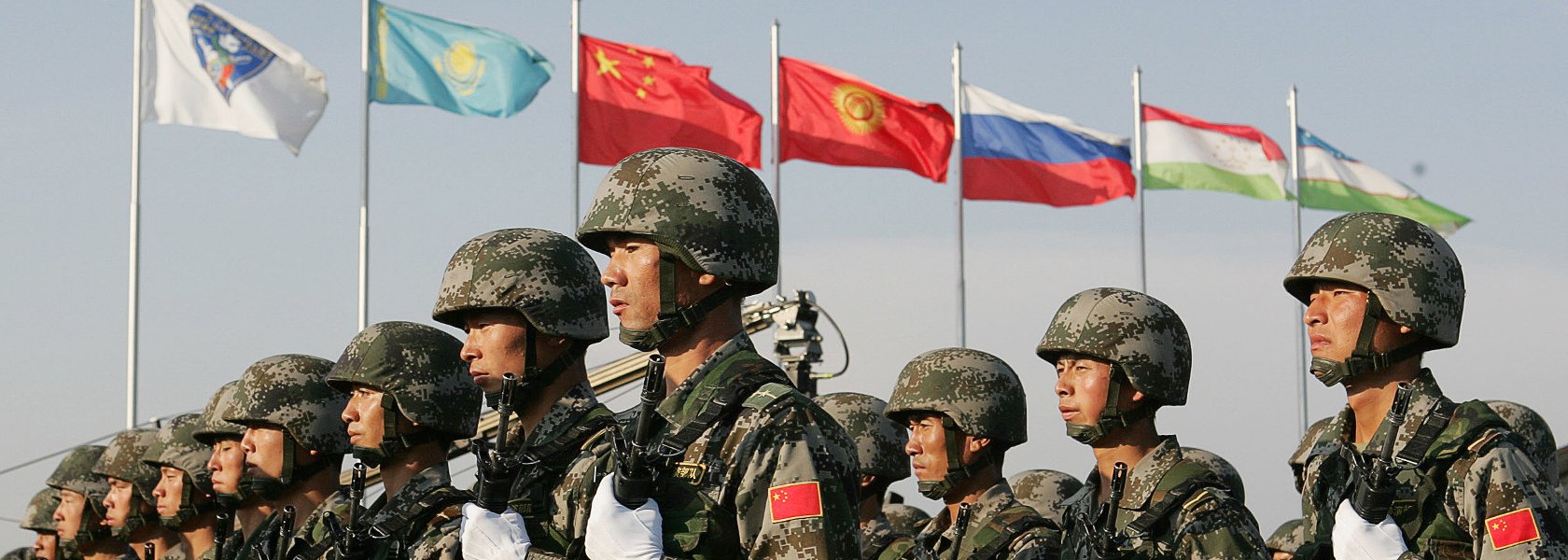The SCO was created on 15 June 2001 by China, Russia, Kazakhstan, Kyrgyzstan, Tajikistan and Uzbekistan. 9/11 gave the SCO further justification to reinforce authoritarian security policies, leading to repressive measures targeting civil society as well as the perpetration of serious human rights violations. More than ten years on, human rights defenders from SCO member states have documented numerous serious human rights violations resulting from inter-state cooperation and the national implementation of agreements under the SCO’s security and political framework relating to the fight against the “three evils” of terrorism, extremism and separatism. Basic rights such as the rights to privacy, freedom of expression, freedom of peaceful assembly and association, freedom from torture and the duty of non-refoulment, are increasingly being violated. Meanwhile, victims lack adequate access to effective remedies at the national level. In this context of impunity, victims’ access to international and regional human rights mechanisms and remedies takes on additional significance.
Violations of international human rights and refugee law under the security and political cooperation framework of the SCO include Kazakhstan’s forced return of 29 refugees and asylum seekers to Uzbekistan, where they faced the real risk of torture or ill treatment, in June 2011. Kazakhstan thus violated the fundamental obligation of non-refoulment (the non-return of persons to places where they risk torture), as enshrined in both the Convention against Torture and the International Covenant on Civil and Political Rights, to which Kazakhstan is a party. Kazakhstan also failed to respect interim measures imposed by the UN Committee against Torture, which had ordered the government not to extradite the persons concerned pending the Committee’s review of the case. The Committee issued a decision in June 2012 finding the Kazakh authorities to have violated the Torture Convention. Nevertheless, both Kazakhstan and Uzbekistan’s non-compliance continue. Today’s report details four other documented cases of human rights violations. A handbook on the various international human rights protection mechanisms relevant to counter-terrorism is provided with the report.
SCO member states are mostly characterized by authoritarian regimes. They tend to justify the repression of religious, political and human rights activists, as well as political opposition members and the representatives of some national minorities on grounds of national security and stability. SCO governments often accuse these individuals or groups of extremism, bringing politically-motivated charges against them. “Extremism” is an ill-defined concept and is not an internationally recognized criminal offence. Indeed, the SCO security framework is implemented through national legislation without a common precise definition of terrorism. This results in laws and regulations that are overly broad and pliable to abuses by state officials.
The incorporation of SCO doctrines into member state domestic law extends China and Russia’s control over regional counter-terrorism policies and practices beyond their own national boundaries, by virtue of their status as dominant members of the SCO. This has grave implications for the protection of human rights in Central Asia. On 6 and 7 June 2012, at the Shanghai Cooperation Organisation Summit in Beijing, member states amended an agreement on mechanisms for responding collectively to “events that jeopardise regional peace, security and stability”.
“The recent agreement in Beijing reflects the shared fear among SCO governments of the kind of popular uprisings still unfolding in the Middle East and North Africa, said Souhayr Belhassen, FIDH President. “The security doctrines of the SCO will add potency to the already expansive and unchecked state power that is often used and abused to criminalize dissent and human rights defenders”, she added.
FIDH and its member and partner organisations from SCO countries have made a number of recommendations to SCO member states. These include the following:
– Comply with obligations under international human rights law and international refugee law, and abide by the decisions of international human rights bodies.
– Develop and implement a SCO mechanism focused exclusively on human rights protection.
– Adopt transparent human rights principles and conduct regular assessments of the human rights consequences of the implementation of SCO principles and agreements by SCO member states.
– Abolish the death penalty.
– Involve civil society representatives, including human rights NGOs, in discussions and considerations regarding SCO member state cooperation.
– Invite the UN Special Rapporteur on the promotion and protection of human rights and fundamental freedoms while countering terrorism to conduct a country visit, and cooperate with him by implementing his recommendations, including those of his 2009 report.
Press Contact: Arthur Manet : +33 1 43 55 90 19

